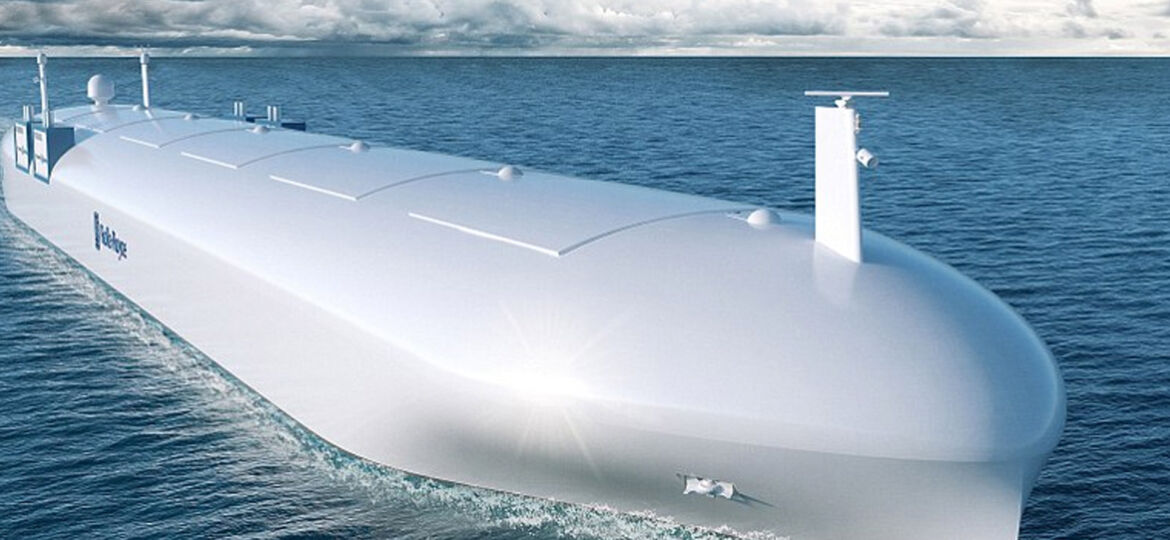
WHY THIS MATTERS IN BRIEF
It seems like every mode of transport is going autonomous these days, and that’s because it is, and cargo ships of every kind are no exception.
Forget Uber’s itsy bitsy diddy self-driving cars, and Otto’s self-driving semi-trucks, if you want a robot to haul a heavy load in the future, it might be worth considering investing in a self-piloting container ship instead – after all, unlike puny semi-trucks they can shift hundreds of thousands of tons of cargo all day every day.
Plenty of companies have been dipping their toe in the water and building modest autonomous boats, such as the Roboats that will soon be entering service in Amsterdam, and the US military has also been filling the seas with its own autonomous ships – albeit of a very different kind, but soon those boats will be dwarfed by giants displacing hundreds of thousands of tonnes.
After all, as experts keep happily pointing, fully robotic cargo ships will be faster, safer, and ultimately cheaper to operate than their crewed counterparts – and that promise hasn’t escaped the attention of some of the world’s largest users of maritime freight who are all piling into the space and creating their own consortiums to explore the technology further.
Japan’s shipbuilders and freight companies, for example, who want to have the first cargo ship prototypes on the market as early as 2025, are working together to build technology that will let the new ships chart their own courses. The vision? An on board Artificial Intelligence (AI) that will gather data from various sensors and external data sources to assess the weather conditions and ocean traffic so they can constantly plot the safest and most fuel and time efficient routes.
Meanwhile, BHP Billiton and Rio Tinto, two of the world’s largest mining companies, who are both on an automation tear, albeit with their mining operations, are both looking to adopt autonomous ships to transport millions of tons of iron ore, copper, and coal around the globe, and they believe that by doing so they could save the iron ore market alone as much as $86 billion per year.
A little less ambitiously and over in Norway chemical company Yara recently announced that they were teaming up with Konsberg to start trials of the world’s first all electric autonomous container ship along the coast from its Porsgrunn production plant to the ports of Brevik and Larvik in 2018. Initially it will be fully crewed, but the ship has been designed to be controlled remotely by 2019 and then, hopefully, sail itself from 2020.
All of these projects, in part, look like they’re trying to build on a grand vision outlined by Rolls Royce last year where the company envisioned a future where the cargo ships of 2020 onwards ply the seas without a single crew member aboard, but, just like the first wave of self-driving cars and semi-trucks, ships will gain features, such as autonomous navigation, incrementally. No matter the timeline though it’s clear that the tide is beginning to turn and we’re headed towards a future where the seas are full of robotic ships, and robotic pirates… alright maybe not the last one but hey, why not?

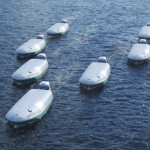
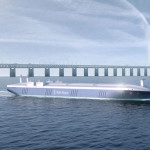
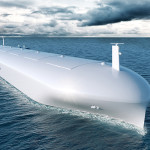
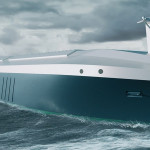
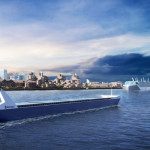
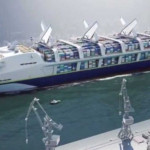
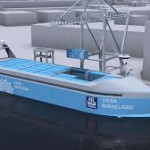
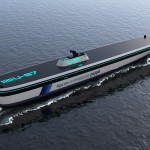
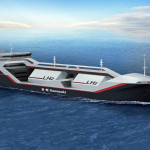
















Of course they are! This is the key to safety, cost, and slowing piracy!
I agree with the first two – but I think piracy will probably increase with autonomous vehicles. Fewer ‘heroes’ on a robot crew.
Indeed!
Scary Cyber attack… or have I watched to much Dr Who
Readers: If you are interested in these, you need to read our reports on the key loggers who are attacking the Maritime segment and ports. Wapack Labs is the Intel provider for the MPS-ISAO.
Going to need a big breakthrough in mechanical part durability. Most large ships have the equivalent of a small machine shop for good reason. Agree that the crew size will dwindle though, as with most fields over the coming decades.
What could go wrong??!! Computer controlled ecological disasters waiting to happen. My computer NEVER crashes, no one EVER gets hacked, and ships don’t run aground or hit other ships.
I suppose one positive is that pirates won’t need guns.
What will human’s do in the future?
No employment will create social dispair & increase crime. Except in Europe, where all are becoming equal; as the Gov’t gains control of hearts & minds.
inevitable! I was just talking to the guy who has sold the first set of fully autonomous Fendt vineyard tractors in the UK.. great technology and makes total sense… The required human intervention is waiting in the barn, where the ‘home bays’ are- making sure when they come home, they are serviced, fuelled and stocked with the spray/feed etc and they just keep on going…
Nice!